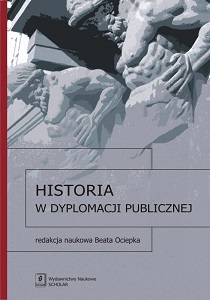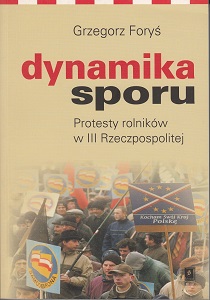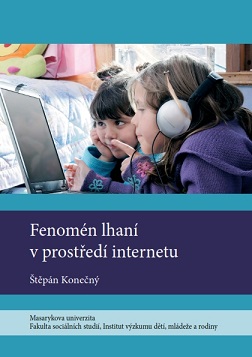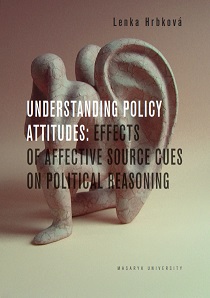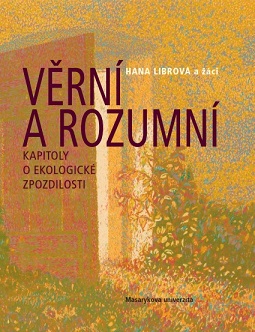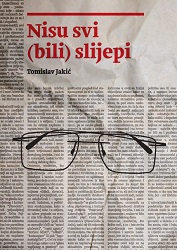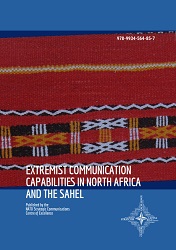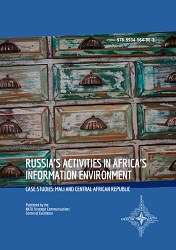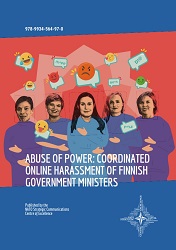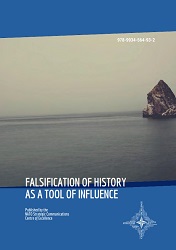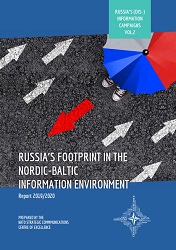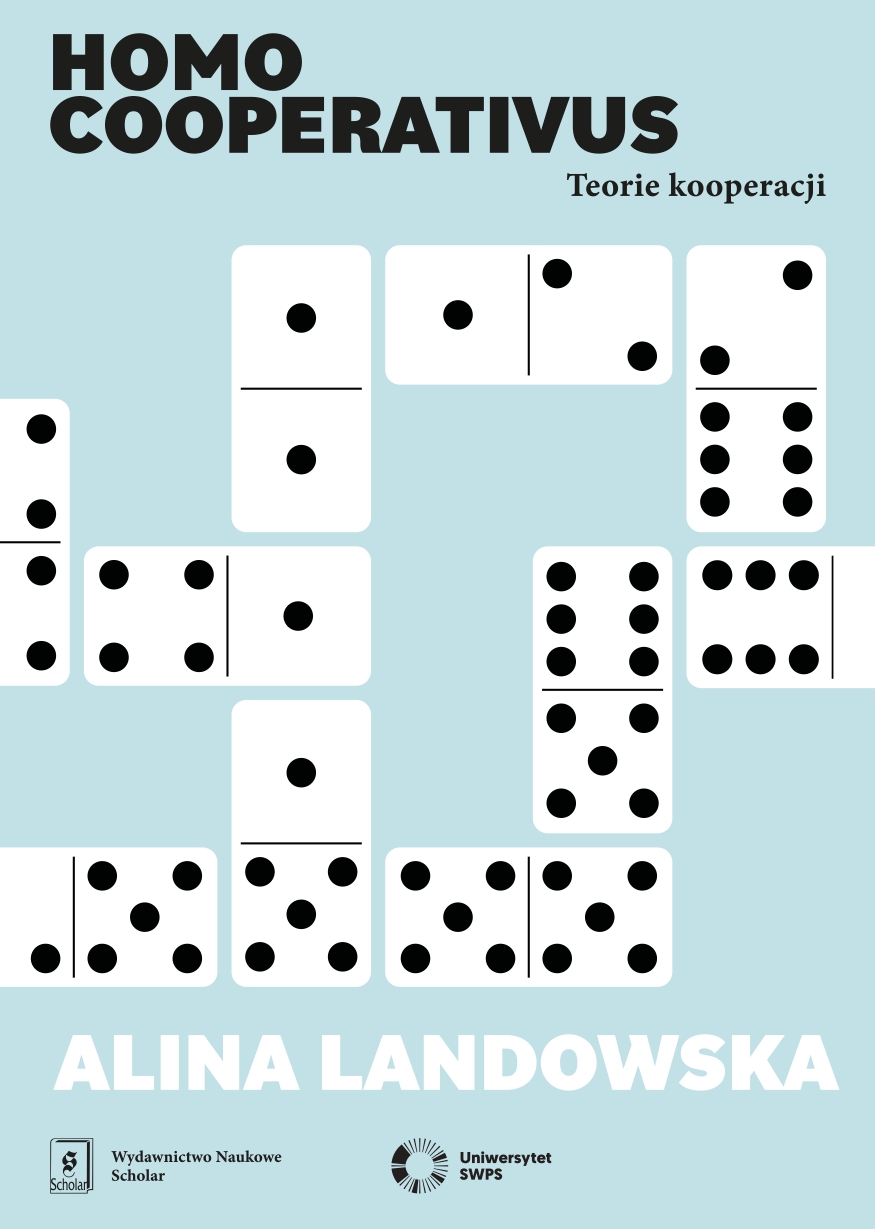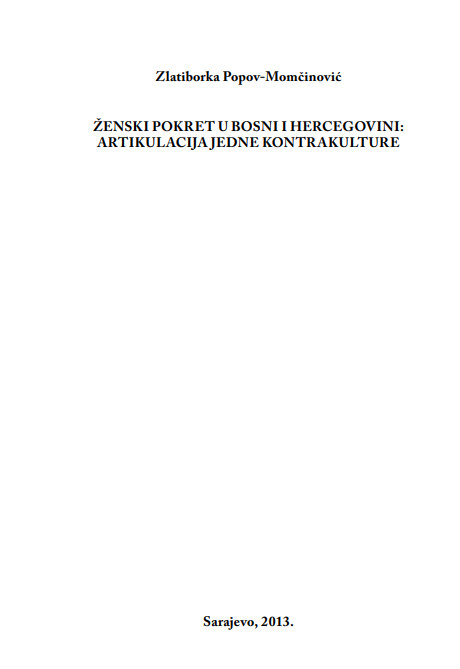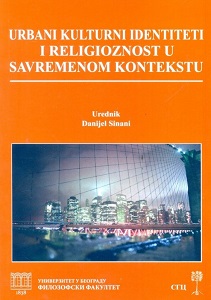
O decentriranju navijačkih identiteta: ima li romantike u navijanju?
U ovom radu ću predstaviti jednu grupu navijača Partizana (u daljem tekstu Grobari) koja svojim načinom izražavanja naklonosti ka klubu značajno odstupa od uobičajenih predstava o navijačkim subkulturama u našem društvu. U pitanju je grupa od pet do šest ljudi koji su pokrenuli Fejsbuk stranicu, a potom i fanzin Grobarski trash romantizam (u daljem tekstu GTR). Pažnja je usmerena na nekoliko aspekata koje smatram važnim za analizu ovakvog načina društvenog grupisanja – korpus identifikacionih markera koji se koristi pri stvaranju demarkacionih linija između svoje (navijači Partizana, u daljem tekstu Grobari/Partizanovci) i sebi suprotstavljenje grupe (navijači Crvene zvezde, u daljem tekstu Cigani/Zvezdaši) ali i način (delimičnog) izdvajanja iz sopstvene grupe. Takođe, važan aspekt koji se u slučaju navijačkih grupa svakako mora istaći, jeste reverzibilan proces me- đudejstva između kreiranja ličnog identiteta i navijačkih praksi.
More...
